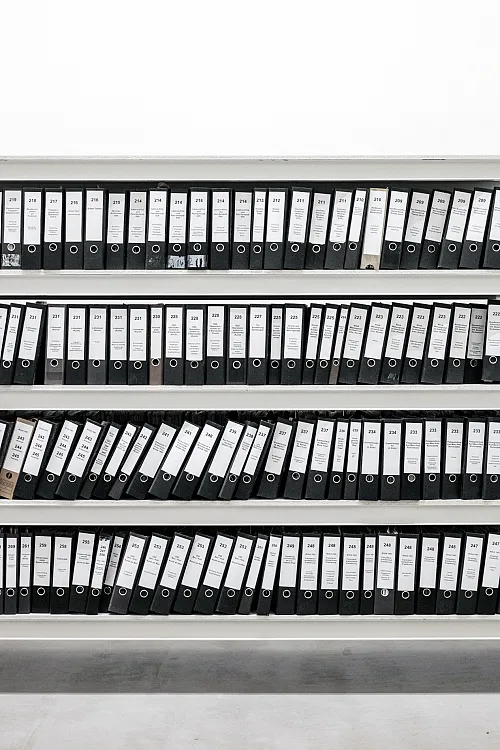The European Commission (“Comissão”) announced, on 16 March, a new tool according to which any individual may anonymously report any antitrust violations.
This new tool follows the successful leniency program that was responsible for the detection of most cartels in the last years and which allows businesses to report their own involvement in a cartel in exchange for full immunity or reduction of the fine that would otherwise be imposed upon them.
According to the Commission, the new whistleblower tool aims at complementing the leniency program, giving ‘an opportunity also to individuals who have knowledge of the existence or functioning of a cartel or other types of antitrust violations to help end such practices’.
Those programs have therefore different targets and scopes: while under the leniency program, a company involved in a cartel reports its own activity to the European Commission, the whistleblower tool can be used by any individual1 whether or not involved in the conduct and can be used to report any anticompetitive behavior, and not just cartels.
Before blowing the whistle, an individual has, first of all, to decide if:
- He/she wants to reveal his/her identity, hence using the e-mail address or phone number indicated in the Commission website; or
- He/she does not want to reveal his/ her identity, therefore using the encrypted communications system provided by the Commission to send his messages and receive replies from the Commission Services.
For whistleblowers who are also representatives of a company involved in a cartel, the Commission recalls that the leniency program is also available (under which a company may completely avoid or reduce a fine and benefit from the protection provided to a leniency applicant).
While the Commission commits to protect the identity of a whistleblower, it is not clear how a whistleblower may be protected if his identity is disclosed by any reason (e.g., technical failure of the system, hacking attack, etc.). At European level, there is no specific legislation on this area, thus national laws would apply (with different levels of protection).
If a whistleblower is a legal representative or a director of a company and decides to report the involvement of his company in a cartel against the strategy or decision of that company, that whistleblower may lose the protection of its identity in further proceedings (i.e., of criminal nature) initiated by national competition authorities to investigate such behaviors, which may become public by a decision of those authorities. In this case, an anonymous whistleblower would have – in principle – a lower level of protection vis-à-vis a director or manager that applied for leniency.
Furthermore, although this initiative should be welcomed as it increases the chance of the Commission detecting anticompetitive conducts, the wide range of anticompetitive conducts that may be denounced may hamper the management of the system by the Commission, if there is a high number of non-relevant reports.
In recent years, some Member States created anonymous whistleblower tools. However the former do not reach the same success of leniency programs. In the UK, the Office of Fair Trading (OFT)2 introduced such a mechanism, offering whistleblowers a reward up to GBP 100,000 for their information, depending on the success of the case and the information provided. The Competition and Markets Authority decided to continue this program, but there is no available data on its effectiveness, on the number of (relevant) reports or on eventual rewards paid to whistleblowers. Hungary also created a similar system, as well as Denmark and Spain, which presented good results3.
In Germany, the Bundeskartellamt has an anonymous whistleblower tool, but it does not offer any reward. This tool is however limited to cartels, thus having a more limited scope than the European one.
The introduction of whistleblower tools by Competition Authorities reinforces the importance of companies implementing comprehensive and effective compliance programs by establishing anonymous whistleblower mechanisms, such as a hotline or a specialized ombudsman, in order to allow an early correction (and discussion) of anticompetitive conducts.

_______________________
1 Although the Commission’s communication refers only to “individuals”, it is not expressly excluded that a company (through its legal representatives) may use this tool to report to the Commission an anticompetitive practice.
2 This authority has ceased to exist and its powers have been transferred to the Competition and Markets Authority, which has maintained the anonymous whistleblower mechanism.
3 According to the Danish Competition Authority, around 10% of the reports result in some form of investigation. The Spanish Competition Authority claims that, since 2008, 94 cases were initiated in result of information provided by whistleblowers.


